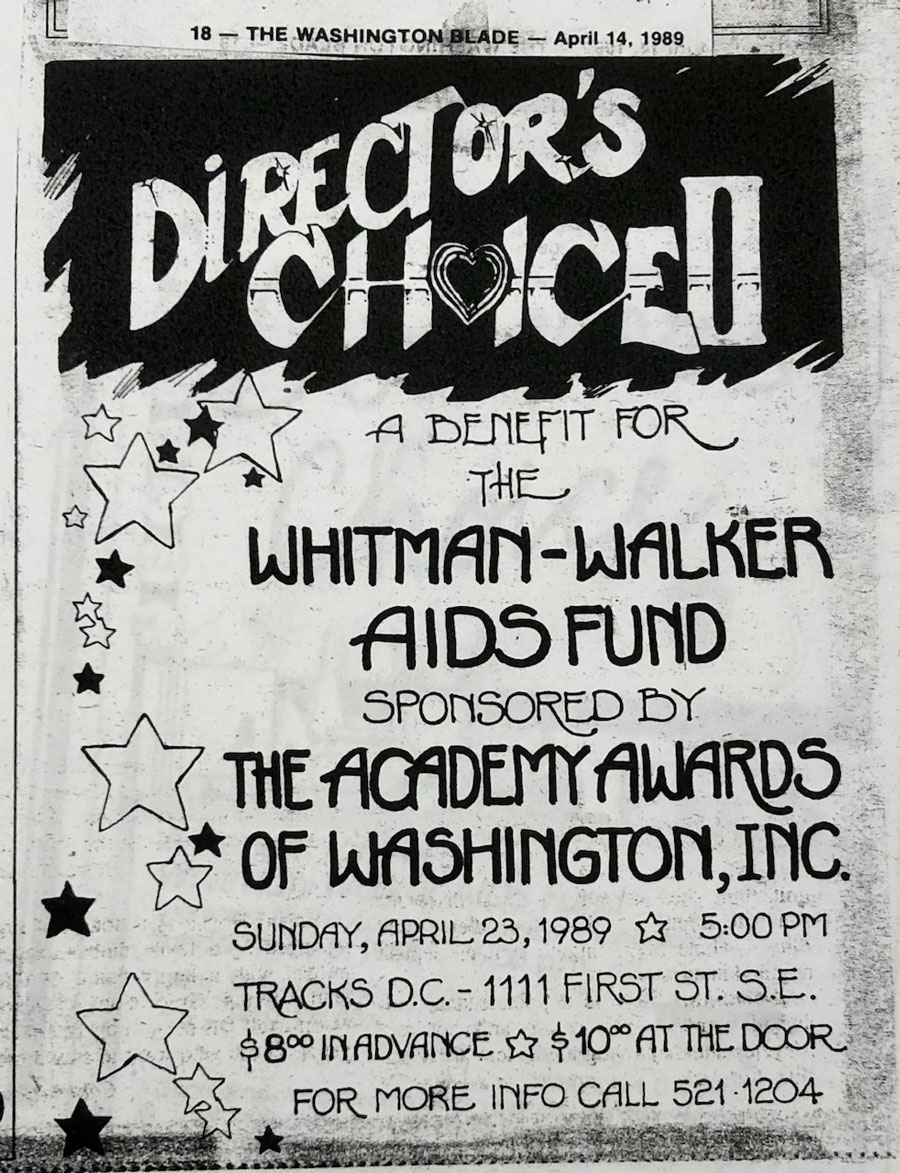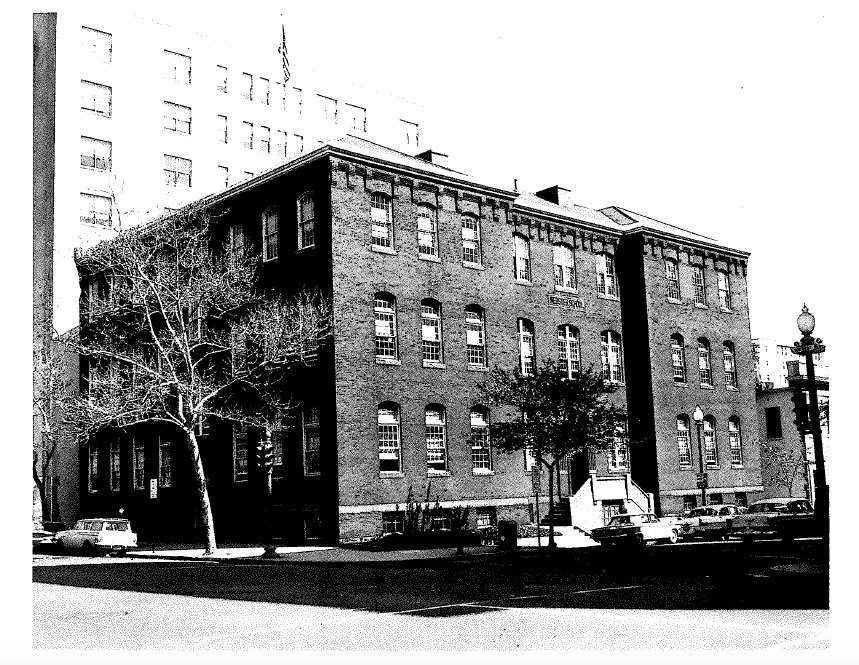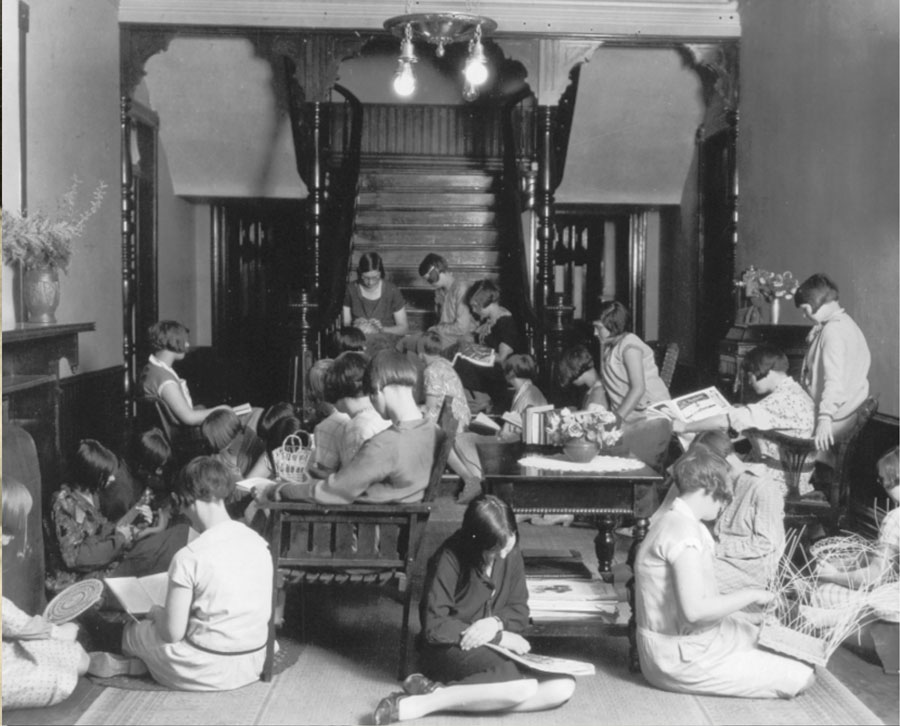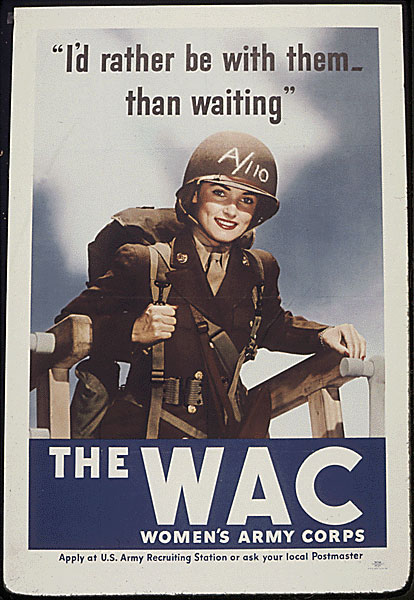Contact Us
Contact:
Correnti, Sarah E
Senior Administrative Assistant
Battelle Tompkins, Room 137 on a map
History 4400 Massachusetts Avenue NW Washington, DC 20016-8038 United StatesGraduate Research Seminar
In this class students have the opportunity to identify a significant historical topic, make sense of the relevant literature, find and analyze primary sources, and finally, produce article length essays. Students gain first-hand experience researching in repositories like the National Archives and Records Administration or the Library of Congress. After Graduate Research Seminar, many students continue working on their papers, presenting them at local and national conferences or adapting them for publication in peer-reviewed journals. Check out recent papers below that focus on DC history and/or utilize local archives.

“Life is Not a Drag: The Academy Awards of Washington and Fundraising During the HIV/AIDS Crisis in Washington, DC, 1986-1993”
Haley Steinhilber (’20)
As HIV and AIDS ravaged communities of sex workers, people with drug addictions, and LGBTQ individuals, the federal government turned a blind eye. Impeded by stigma and lack of federal support, the LGBTQ community found ways to raise funds for medical treatment and services. A drag troupe in Washington, D.C.—the Academy of Washington—organized shows to fundraise for various AIDS organizations in the area, providing a space to raise both money and spirits within the local LGBTQ community.

“Written in Letters of Blood:
The 1863 Tullahoma Campaign and the Definition of Victory”
Isaac Makos (’20)
In July 1863 the Federal government won three major Civil War victories: Gettysburg, Vicksburg, and Tullahoma. The first two are famous as moments where the tide of the war turned. The third, however, has been lost to obscurity. This paper examines the Tullahoma campaign and how its incredible achievements were minimized to nonexistence by historians. It argues that Tullahoma's status as a historical footnote ignores the larger ramifications of the campaign, which were arguably more important to the Federal victory than either Gettysburg or Vicksburg, but historians' uncritical repetition of biased primary sources has allowed the historical record to be shaped by the enemies of the campaign's architect.

“Rehabilitating to Mainstreaming:
Webster Girls School and Reproductive Justice”
Maren Orchard (’20)
Using a reproductive justice framework, this paper examines Webster Girls School, a program for pregnant school-aged women in Washington, D.C. from 1963–1974. It shows how the program enacted through this school to decrease the number of young women forced to drop out of school by "rehabilitating" a few of the "more promising" pregnant girls was a form of shaming and a product of an impulse to hide women who deviated from the expected route of sexual normativity. This paper contends that discussions surrounding Webster and pregnant teenage women’s “options” were fraught with racist, sexist, anti-feminist rhetoric which restricted women's— particularly Black women's— bodily autonomy. Examining Webster Girls School demonstrates that it, and programs like it, were insufficient solutions for individuals facing harmful, structural social policies and cultural expectations.

“From Redemption to Neurosis:
Single Motherhood at the Washington, D.C. Florence Crittenton Home, 1896-1983”
Jenna Goff (‘21)
Abstract: Using the Kate Waller Barrett Papers, the Historical Society of Washington, D.C., and the Crittenton Services of Greater Washington, this paper examines the one hundred year history of the D.C. Florence Crittenton Home. Under the reproductive justice framework, it argues that the Home's evolving policies and programs regarding unwed mothers reflected broader notions about class, race, and gender that changed dramatically over the Home's run from 1896 to 1983. Throughout this time, the Home became a training ground in model feminine behavior, as women were subjected to different reproductive paradigms that mirrored shifting societal anxieties about who made the "right" mother.

"I'd Rather Be With Them:
Women's Army Corps Recruitment Media and the Complexity of Gendered Appeals."
Katie McCarthy (’20)
During World War II, newly created women's auxiliaries and branches like the Women's Army Corps (WAC) fought an uphill battle for public acceptance. Recruitment media such as posters, films, and brochures worked to convince the public of the respectability of women's service branches while simultaneously attempting to entice service-aged women to enlist. In working to counter the deep-seated belief that "respectable" women remained home while their men went to war, WAC recruitment media both employed and subverted traditional concepts of femininity and gender. The ubiquity of recruitment posters and brochures suggests that these advertisements meaningfully shaped women's rationales for enlisting. In light of layered messages, women who joined the WAC framed their enlistment in their own terms and used recruitment themes to elevate or disguise their own motivations. In this way, enlisted women both employed and manipulated recruitment themes in order to justify their time in the military.